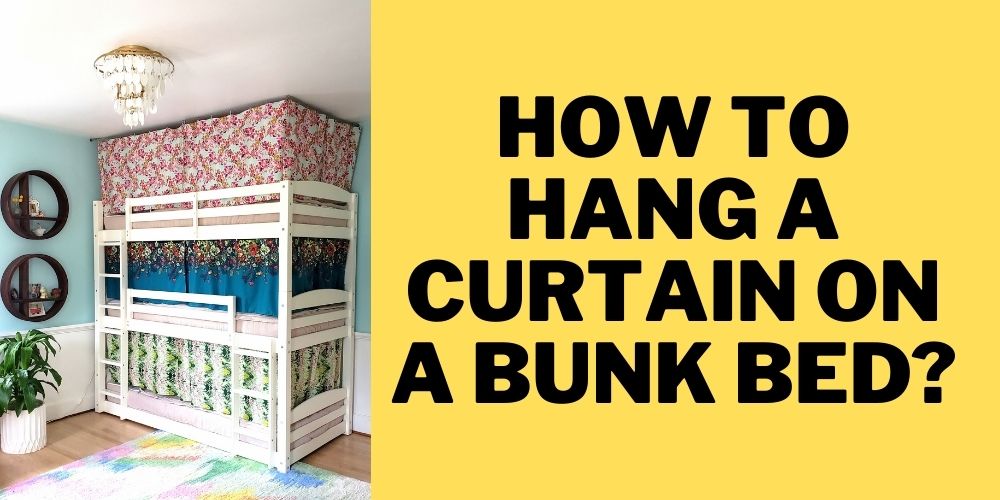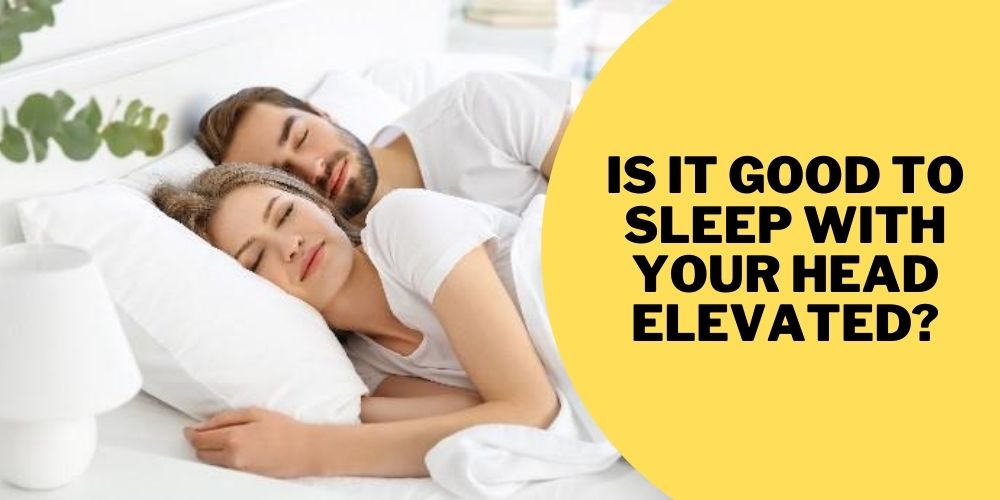Swallowing too much saliva results in drool dripping from your mouth. Drooling may be unpleasant, yet most of us do it sometimes, particularly when we’re sleeping. During the night, your swallowing reflexes and other facial muscles relax.
As a result, some of your salivae will be able to exit your mouth via the sides of your mouth. Too much drooling is referred to in medicine as hypersalivation or sialorrhea.
Sleep disturbance, neurological ailment, or another health issue may manifest as excessive snoring and drooling in people who aren’t normally prone to these symptoms. So it’s important to know how to stop drooling in your sleep for your own good.

People who suffer from neurological conditions such as Multiple Sclerosis or cerebral palsy may experience drooling following an incident such as a stroke (MS). Please continue reading to learn more about why and how you drool.
Is drooling in your sleep bad?
It is not uncommon for people to drool when they sleep. A circadian rhythm may play a role in the daily fluctuations in saliva production. Saliva production does not stop when you sleep, even though it is higher during the day and lower at night.

This saliva must lubricate your mouth and throat to maintain optimum health. Drooling is conceivable because the salivary glands continue to produce throughout sleep.
While drooling in your sleep is somewhat common, it might have unfavorable effects. There are several negative consequences of excessive salivation, such as chapped lips and poor breath and the shame that goes along with it.
Is drooling in your sleep a sign of diabetes?
In those with diabetes, saliva production in the mouth may be reduced. Infections, cavities, discomfort, and ulcers are all common side effects of a dry mouth. As fungus flourishes in a moist environment, a lack of saliva may lead to fungal diseases.

People who use antihistamines for allergies or colds are also susceptible to dry mouth. Tooth decay is more likely to occur when you have a dry mouth. In addition to cleaning the teeth and making it easier to swallow and chew, saliva includes enzymes and minerals like fluoride that aid in preventing dental decay.
People with dry mouth may benefit from fluoride treatments and mouthwashes to prevent tooth decay, but there are no simple solutions. Dry mouth may also be alleviated by eating sugarless gum or drinking more water regularly.
How to stop drooling in your sleep?
It is quite natural to drool while sleeping, and it is not an indication that you need medical attention. If you think that you drool an excessive amount, you may attempt to reduce drooling while you sleep by using a variety of different tactics.
These strategies range from making adjustments to your lifestyle to undergoing speech therapy, medication, or surgery. Some treatments are straightforward, while others are reserved for more severe instances of drooling and should only be attempted in certain situations. Make an appointment with your primary care physician to discuss what’s best for you.
home Remedies to stop drooling in your sleep
Drooling is a normal part of falling asleep, and it isn’t limited to puppies and infants. Saliva is produced by the human body every day, and even though we don’t want to acknowledge it, we all wake up on a wet pillow at some point.

There are several reasons you could find yourself cleaning your face in the middle of the night. Find out why you’re drooling in the middle of the night here:
Allergy Treatment
A typical cause of nocturnal drooling is one of the year’s largest irritants: allergies. When your nose is stuffed up, you’re more likely to snore through your mouth, which might cause you to drool.
Allergist Neeta Ogden, M.D., adds that “Respiratory allergies induce symptoms including nasal congestion, post-nasal drip, and itchy nose and eyes, and maybe especially irritating at night.”
In this case, how can you avoid drooling at night?
Your pet’s dander may be exacerbating your allergies if you sleep with them in your bed, even if you like it.
Make use of hypoallergenic bed linens. Be on the lookout for hypoallergenic bed sheets made of silk, bamboo, TENCELTM, and cotton, among other materials (Percale or Sateen).
Use an air purifier
Air purifiers may help manage the humidity in your house, which can otherwise provide a breeding ground for dust mites and other allergies.
If your pet is drooling excessively at night because of allergies, try utilising air purifiers, hypoallergenic bedding, and limiting contact with pets to see if it helps alleviate the problem.
Changing Sleep Position
The amount of drool you discover on your pillow in the morning might be influenced by the posture you sleep in throughout the night. Gravity tends to keep extra saliva produced by those who sleep on their backs in their mouths or move up their throats when they do so on their backs.
On the other hand, Gravity is more likely to drag saliva toward the pillow inside and stomach sleepers, resulting in drooling.
Those who sleep on their sides or stomachs with their mouths open are more prone to snoring. If you suffer from excessive snoring, try sleeping on your back. Mouth tape may also hold your mouth shut as you sleep, allowing you to breathe via your nose.
Drink Water and Stay Hydrated
While you are sleeping, the activity level of your muscles naturally slows down, which results in a reduction in the amount of saliva that you produce. This might contribute to that awful morning breath, but did you know that excessive saliva production at night can also be a source of drooling in your sleep? It can be the cause of morning breath, but it can also lead to drooling.
Maintaining an adequate level of hydration during the day may help cut down on the excessive production of saliva that leads to nighttime drooling. If you want to remain hydrated during the day, you should drink at least 64 ounces of water, but you should also keep some water by your bed so that you may satisfy your thirst in the middle of the night.
It is advised that you consume eight glasses of water of 8 ounces each every day to stay hydrated, and this is equivalent to drinking roughly 8 ounces of water every three hours.
Other Methods to Stop Drooling in Your Sleep
Think about a mouthwatering burger. A refreshing piece of watermelon. Everything with bacon is good. Is your mouth watering yet?
It’s popular to use “drool-worthy” to describe something delicious.

But profuse drooling, especially when sleeping, is not amusing. Distracting and humiliating at the same time!
Having a bit of drool on your pillow in the morning may signify that something is wrong. Drooling for no apparent reason?
Medication
Drooling medication may be administered for people with neurological disorders. Drooling is reduced by inhibiting nerve signals to your salivary glands, which is why these drugs are used. However, adverse symptoms, including a dry mouth, are not uncommon.
Speech Therapy
You may improve the stability of your jaw and tongue with the help of speech therapists, who can teach you exercises to strengthen the muscles in your jaw and tongue. Speech therapy may help you improve your ability to swallow, improve your ability to breathe with your mouth closed, and cut down on your drooling.
Botox injection
When it comes to excessive drooling, botulinum injections like Botox are safe and effective since they have minimal adverse effects. The overproduction of saliva may be reduced by administering a shot of botulinum toxin to your salivary glands. This treatment is not a long-term fix, and you will require additional injections after the initial effects wear off.
Surgery
Surgery is an option that your doctor may suggest if the condition of hypersalivation is severe. Surgery may be used to treat drooling in several ways, including the surgical removal of salivary glands, the modification of salivary gland ducts, and the decrease of nerve connections to salivary glands.
Surgery is often reserved for those who also drool when they are awake, and even in these cases, it is considered the last choice after all other methods have been tried and proved unsuccessful. According to certain studies, surgical treatment for drooling is effective, with up to 89 percent of patients showing signs of improvement after the procedure.
How to stop drooling in your sleep while pregnant?
Identify and address any underlying conditions, such as nausea, vomiting, or heartburn, by informing your healthcare professional that you are experiencing excessive saliva. Women say that the following methods have helped reduce their risk of breast cancer:

Nausea usually fades by the end of the first trimester for many women, which alleviates or eliminates this unpleasant – and often upsetting – symptom. Some women, however, may have it throughout the whole of their pregnancy, just as they would with nausea or morning sickness.
Most Common Cause of drooling in your Sleep
Pose for sleeping
Even though it’s so obvious, gravity is the most prevalent reason for nighttime drooling for most people. Drool accumulates in your mouth because of how you sleep, and Drooling is more common in those who sleep on their sides or stomachs. When you open your mouth to breathe, drool may leak out of your lips, especially if you breathe via your mouth or if you have small sinus passages.

Irritable bowel syndrome (IBS)
The word “dysphagia” refers to any problem with swallowing. It’s possible that your frequent drooling is a sign that something is wrong. The symptoms of dysphagia, which include difficulties swallowing spit, may be caused by multiple sclerosis, Parkinson’s disease, muscular dystrophy, and certain types of cancer.
Sinus congestion
You may notice that you’re drooling more often if you have a cold or an infection in your nose. Drooling may become a problem if your sinuses are often irritated or obstructed or if your sinuses are smaller than those of most people. Sleeping with clogged sinuses increases your likelihood of “mouth breathing,” which results in more drool coming out of your mouth.
Consequences of medication
Drooling might be exacerbated by some drugs. Drooling has been linked to antipsychotic meds (particularly clozapine) and Alzheimer’s therapies. Sialorrhea is another side effect of several antibiotics.
GERD
GERD is a digestive ailment in which the contents of your stomach flow back into your oesophagus, causing damage to the esophageal lining. When you have GERD, you may have dysphagia (difficulty swallowing) or a lump in your throat. Some individuals experience this sensation as excessive drooling. By following these guidelines, you may improve your sleep if you suffer from GERD.
Sleep apnea
Your body stops breathing when you’re trying to sleep, which is called an apneic episode. Sleep apnea may be exacerbated by excessive drooling. Sleep apnea is a potentially life-threatening condition that should be diagnosed and treated soon.
Frequently Asked Questions (FAQs)
Why do I drool when I sleep on my side?
When a person is sleeping on their side, gravity forces any surplus saliva they make to either remain in their mouth or go down their throat. This is the case even if they snore. Gravity has a greater chance of causing drooling in those who sleep on their sides or stomachs since their saliva is more likely to be pulled down toward the pillow.
Why does my mouth open when I sleep?
It is not natural to sleep with your mouth open; doing so indicates that you are not breathing correctly while you sleep and maybe an indicator of more serious health concerns. Sleeping with your mouth open is not normal, and Additionally detrimental to your dental health is breathing via your mouth.
What causes excessive drooling in adults while sleeping?
Even while drooling when sleeping is quite normal, it might signify that you are suffering from a neurological ailment, sleep disturbance, or another kind of health problem. In the aftermath of a health crisis, such as a stroke or due to cerebral palsy or multiple sclerosis, you may find that you drool more than usual (MS).
Conclusion
The fact that you drool while you sleep may be annoying, but most of the time, it can be attributed to anything as simple as allergies or the posture in which you sleep. On the other hand, if you often discover that you are waking to an uncomfortable surprise on your pillow, you may want to investigate the possibility of cleaning your pillow more frequently. At the same time, you figure out a more permanent solution to the problem.


